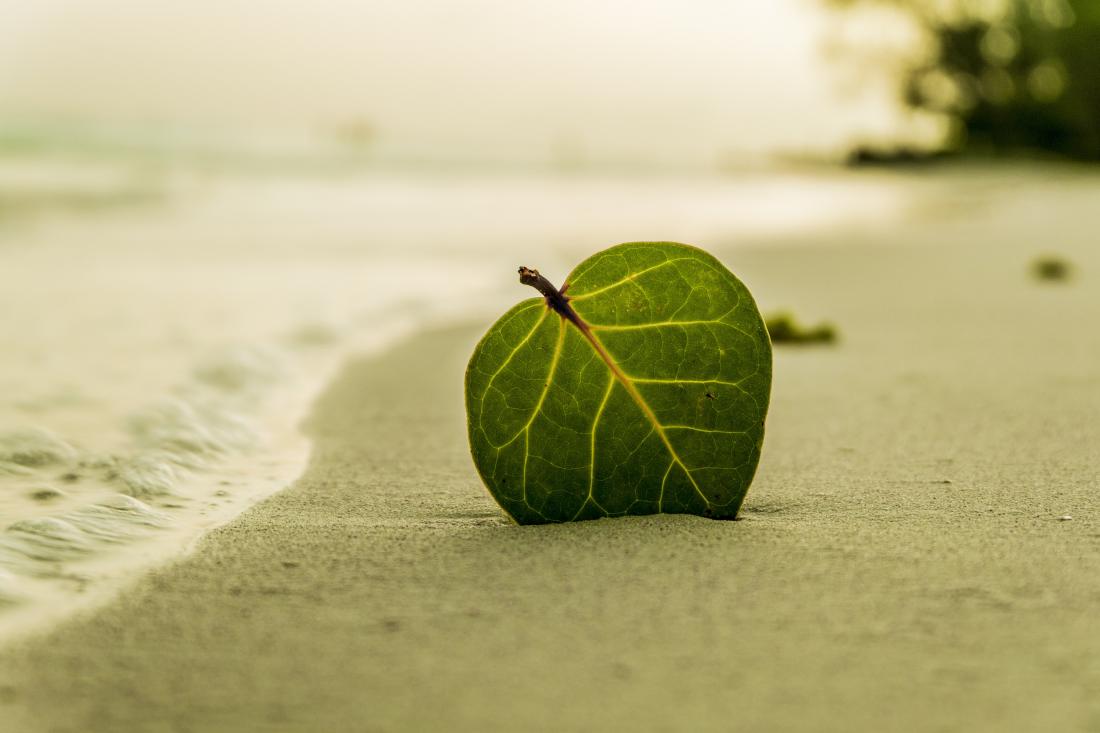The growth of tourism in the Mediterranean, especially in coastal areas, and the effects of climate change will continue to affect the stability and erosion of landscapes, soil and coasts

The growth of tourism in the Mediterranean, especially in coastal areas, and the effects of climate change will continue to affect the stability and erosion of landscapes, soil and coasts, exert pressure on species and water resources, and increase waste dumping and sea pollution.
Coordinated by the National Institute of Marine Sciences and Technologies of Tunisia and financed by the European Union through the ENI CBC Med Programme, the Co-Evolve4BG project aims to analyse and promote the co-evolution of human activities and natural eco-systems in touristic coastal areas, towards sustainable development of tourist activities based on the principles of Integrated Coast Zone Management (ICZM) and Maritime Spatial Planning (MSP), promoting at the same time Blue Growth in the Mediterranean.
The analysis and demonstration actions foreseen in the project will improve the sustainable development of coastal and maritime tourism by making full use of the potential of the Blue Economy and by promoting the creation of business and employment opportunities in the field of services aimed at this type of tourism, coastal management and adaptation to climate change.
Different actions will be carried out under the project, in particular:
- An integrated analysis of the threats and factors favouring sustainable tourism at Mediterranean level;
- A toolkit containing indicators to analyse the level of sustainability of tourism;
- Two training sessions addressed to the partners and local actors involved in the pilot actions;
- Pilot actions for sustainable tourism development to be developed in Lebanon, Greece, Tunisia, Spain and Italy.
The “Co-evolution of coastal human activities & Med natural systems for sustainable tourism & Blue Growth in the Mediterranean” project (Co-Evolve4BG) has a total budget of €2.9 million, of which 90% funded by the EU.
The following organizations participate in the project:
- National Institute of Marine Sciences and Technologies (lead beneficiary, Tunisia)
- Region of Lazio (Italy)
- Region of East Macedonia & Thrace (Greece)
- University of Murcia (Spain)
- Valenciaport Foundation for Research, Promotion and Commercial Studies of the Valencian region (Spain)
- National Agency for Environment Protection (Tunisia)
- Ministry of Public Works and Public Transport (Lebanon)
- Al Midan NGO (Lebanon)
- AMWAJ of the Environment (Lebanon)
To keep up-to-date with the project, please visit its website.









